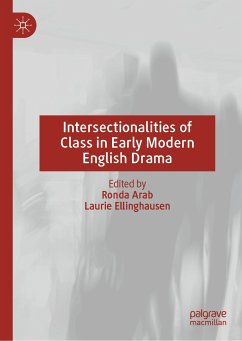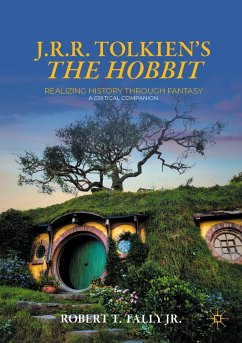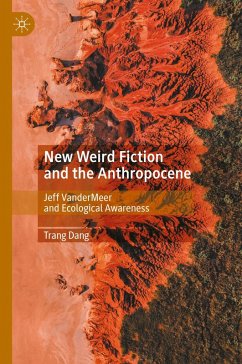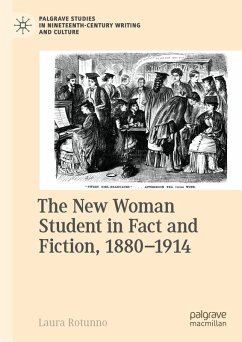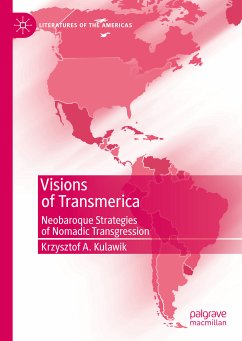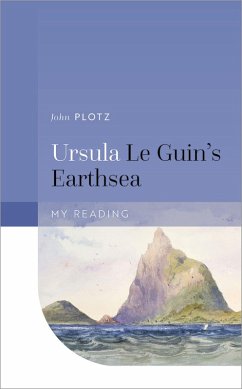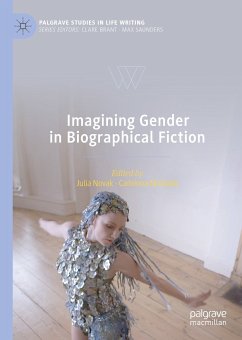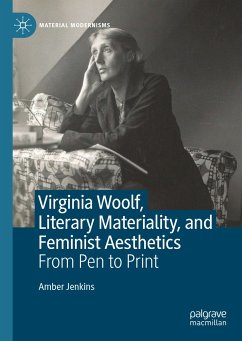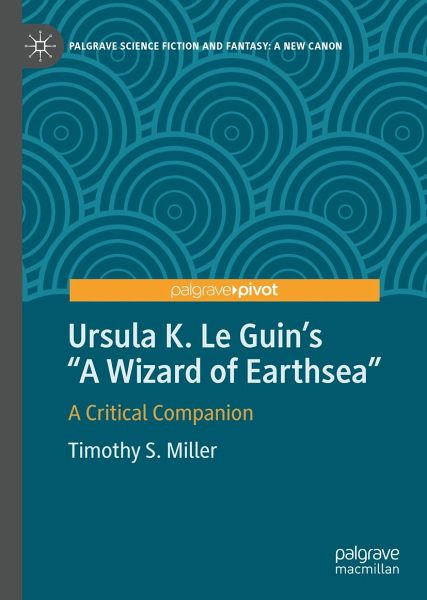
Ursula K. Le Guin's "A Wizard of Earthsea" (eBook, PDF)
A Critical Companion
Versandkostenfrei!
Sofort per Download lieferbar
40,95 €
inkl. MwSt.
Weitere Ausgaben:

PAYBACK Punkte
20 °P sammeln!
Written not so long after "Tolkien mania" first gripped the United States in the 1960s, Ursula K. Le Guin's novel A Wizard of Earthsea (1968) has long been recognized as a classic of the fantasy genre, and the series of Earthsea books that followed on it over the next several decades earned its author both considerable sales and critical accolades. This new introduction to the text will closely contextualize the original novel in relation to its heady decade of composition and publication - a momentous time for genre publishing - and also survey the half century and more of scholarship on Eart...
Written not so long after "Tolkien mania" first gripped the United States in the 1960s, Ursula K. Le Guin's novel A Wizard of Earthsea (1968) has long been recognized as a classic of the fantasy genre, and the series of Earthsea books that followed on it over the next several decades earned its author both considerable sales and critical accolades. This new introduction to the text will closely contextualize the original novel in relation to its heady decade of composition and publication - a momentous time for genre publishing - and also survey the half century and more of scholarship on Earthsea, which has shifted in direction and emphasis many times over the decades, just as surely as Le Guin frequently adjusted her own sails when composing later works set in the fantasy world. Above all, this book positions A Wizard of Earthsea as perhaps an "old text" that nevertheless belongs in a "new canon," a key novel in the author's career and the genre in which it participates, and one that at once looks back to Tolkien and his own antecedents in masculinist early fantasy; looks forward to Le Guin's own continuing feminist and progressive education; and anticipates and indeed helped to shape young adult literature in its contemporary form.
Dieser Download kann aus rechtlichen Gründen nur mit Rechnungsadresse in A, B, BG, CY, CZ, D, DK, EW, E, FIN, F, GR, HR, H, IRL, I, LT, L, LR, M, NL, PL, P, R, S, SLO, SK ausgeliefert werden.



